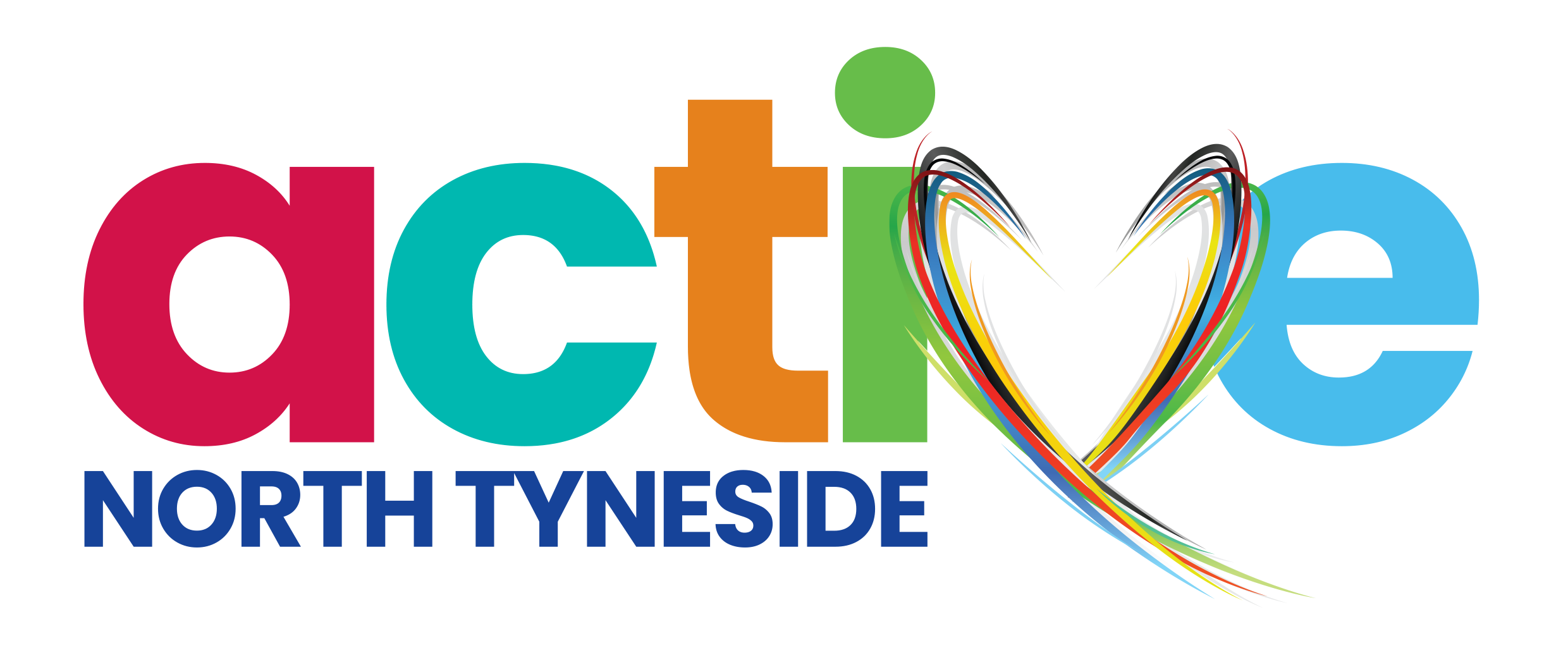Protein
Protein is a building block of all tissues in our bodies and therefore is essential for growth and repair of the body and maintenance of good health. Protein also provides energy; 1 gram provides 17 kJ (4 kcal).
How much protein should we eat?
15-20% of our total calorie intake should come from protein.
The reference nutrient intake (RNI) is set at 0.75g of protein per kilogram bodyweight per day for adults – you can calculate your own needs based on your body weight. However, this is set to prevent deficiency, eating a bit more than this could be beneficial - especially if you’re physically active, when you’re losing weight, are vegan or getting older. A more appropriate range would be 1.0 – 1.5 g/kg body weight of protein a day for most people. It is best to spread the intake throughout the day, so aim to have a protein-rich food at every main meal.
Protein is made up of something called amino acids. Different foods contain different amounts and different combinations of amino acids, each of them has their own function and purpose. There are about 20 different amino acids our body needs. For adults, nine of these must be provided in the diet and are therefore defined as ‘essential’.
Dietary protein sources
We can get protein from a range of different animal and plant foods. Protein from animal sources (e.g., meat, fish, eggs, and dairy products) contains the full range of essential amino acids needed by the body, but vegans and vegetarians can get all the amino acids they need by combining different plant sources of protein too, e.g., pulses and cereals.
Plant sources of protein include soya, tofu (steamed soya bean), pulses, lentils, wheat flour, rice, oatmeal, nuts. You can also get it from mycoprotein – Quorn, or tempeh (fermented soya). Some plant sources of protein might contain slightly less protein per 100g when compared to meat or poultry, but it often comes packed with other beneficial nutrients such as fibre. Therefore, the best approach is to combine both plant and animal sources and enjoy a variety of both. That’s not only the most optimal thing for your health, but as a bonus it helps the planet as well because including plenty of plant-based options is a sustainable, as well as healthy, way of eating. Win-win!
If you are a vegetarian or a vegan or if you simply want to include more plant-based proteins, there’s a great variety of dairy and meat alternatives on the market. They can be a great addition to your diet, but not all of them are created equal. It might be hard to navigate which ones are the best option for you. So how do we know? Read the label!
As a rule, when it comes to plant-based ‘milks’, stick to your fortified unsweetened versions. Soya will be the closest one to dairy in terms of nutrition. Watch out for high saturated fat content of coconut variants, oat-based ones will have a higher carbohydrate content. Except for soya, most plant dairy alternatives will be quite low in protein (unless protein has been added to them – again, check the label).
As for the meat alternatives, some are better than others – some will be heavily processed and high in saturated fat and salt, while low in protein. Choosing simple ones like plain tofu or Quorn mince is a safe option. But again, that’s when checking the label comes into play – they’re not created equal. Including good quality veggie sausages or burgers can be very tasty and fun though, so give it a go!
If you don’t like these meat alternatives or don’t want to include them, you can still get plenty of plant protein in your diet – just stick to pulses, beans and other plants naturally high in protein!
Protein and weight management
Protein-rich foods tend to make people feel fuller for longer than foods not containing protein. So, including a lean source of protein with a meal can help to minimise feelings of hunger and decrease overall energy intake.
The body needs to expend way more energy on breaking down protein than it does on breaking down carbohydrates and fats. Shifting your nutrient split in favour of protein (no more than 20% though, carbs and fats are still very important!) can burn more energy.
Another way that protein can have an impact on weight management is – when we’re in the process of losing weight, we want most of the lost weight to come off our fat stores and only as little as possible from our muscle mass. Protein has a way of protecting our muscle mass in times of weight loss – so upping your protein intake can mean less muscle and more fat lost! Same is true as we age – protein helps to protect our muscle mass and strength when we naturally start losing it.
However – don’t just eat protein and cut out all the other nutrients, you need them all!

